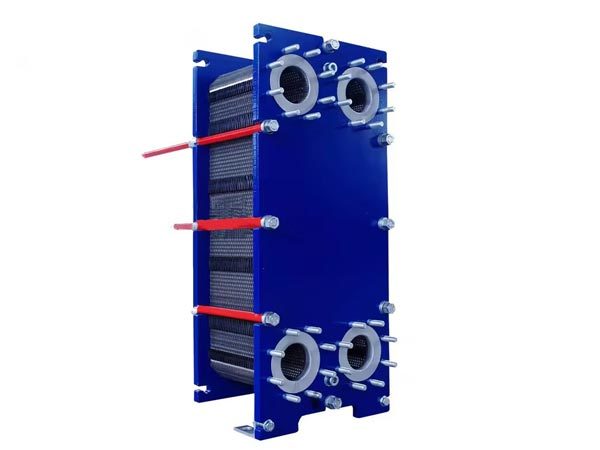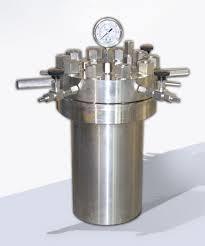Maximizing Performance with Titanium Heat Exchangers: A Comprehensive Guide
Maximizing Performance with Titanium Heat Exchangers: A Comprehensive Guide Table of Contents 1. Introduction to Titanium Heat Exchangers 2. The Unique Benefits of Titanium in Heat Exchanger Design 2.1 Corrosion Resistance 2.2 High Strength-to-Weight Ratio 2.3 Thermal Conductivity 3. Applications of Titanium Heat Exchangers 3.1 Power Generation 3.2 Chemical Processing 3.3 Marin
20
2025
/
10
The Advantages of Fiber Reinforced Plastic Pressure Vessels in the Chemical Industry
Fiber reinforced plastic (FRP) pressure vessels are becoming increasingly popular in the chemical industry, particularly due to their unique combination of strength, durability, and resistance to harsh chemical environments. Unlike traditional materials such as steel or aluminum, FRP offers a lightweight alternative that does not sacrifice structural integrity. This characteristic makes fiber rein
18
2025
/
10
The Advantages of Using Autoclave Reactors Over Traditional Methods
The Advantages of Using Autoclave Reactors Over Traditional Methods Introduction to Autoclave Reactors Autoclave reactors are specialized equipment designed to facilitate chemical reactions under high pressure and temperature conditions. These reactors have become indispensable in various industries, including pharmaceuticals, polymer production, and food processing. Unlike traditional reactors, a
16
2025
/
10
Understanding High Pressure Autoclave Reactors: An Essential Tool in Chemical Manufacturing
High pressure autoclave reactors are specialized vessels designed to conduct chemical reactions at elevated pressures and temperatures. These reactors are equipped to handle extreme conditions, enabling researchers and manufacturers to accelerate chemical reactions and produce a wide range of products more efficiently. The ability to control temperature and pressure precisely allows for the optimi
14
2025
/
10













